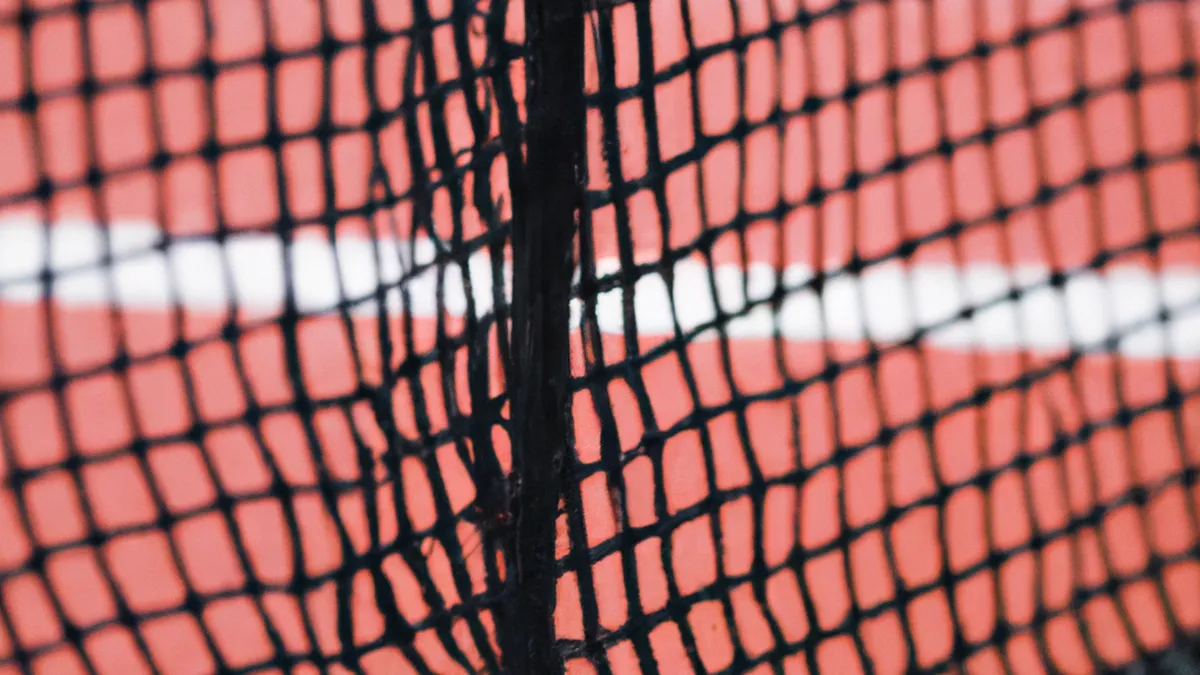Doubles Dynamics: Perfecting Your Court Space
Mastering Court Positioning for Doubles PlayDoubles tennis poses distinct challenges and strategies compared to singles play. Court positioning plays a critical role in doubles. Proper positioning enables you and your partner to dominate the court, control the game, and execute winning plays. This post explores effective court positioning strategies, tips, and benefits.
Understanding Court Positioning
Court positioning in doubles refers to your and your partner’s placement during play. It influences your court coverage and reaction to opponents’ shots. The main goal is to create a dynamic formation that maximizes strengths and minimizes weaknesses.
The Basics of Court Positioning
Doubles players often use two primary formations: the “I” formation and the “Australian” formation.1. **The “I” Formation**: One player stands at the net while the other stays at the baseline. This setup allows quick volleys and pressures opponents by creating angles. The net player intercepts weak returns and controls the point.2. **The “Australian” Formation**: Both players position themselves near the net, angled toward the court’s center. This confuses opponents and opens up the court for easier shots. It works well against teams that struggle with volleys or have predictable returns.
Advanced Court Positioning Strategies
Basic formations are essential, but advanced strategies can enhance your game. Consider these key strategies:1. **Diagonal Positioning**: In doubles, diagonal positioning proves effective. The server should stand slightly to the side, not directly behind their partner. This improves court coverage and response times. The net player should angle their position to prepare for shots directed at them.2. **Adjusting Based on Opponents’ Shots**: Observe your opponents’ shot patterns closely. If they hit weak shots, both players should move in to capitalize. If they serve powerfully, retreat to a more defensive baseline position. Adaptability is crucial in doubles; shift your position based on the game’s flow.3. **Covering the Court Effectively**: A key doubles principle involves creating a wall between your opponents and the net. When one player advances to the net, the other should move closer to the center. This creates a barrier difficult for opponents to penetrate. This positioning covers more ground and fosters better communication and teamwork.
Tips for Effective Positioning
1. **Communicate with Your Partner**: Communication is vital for successful doubles play. Discuss formations and strategies with your partner before the match.
Conclusion
As an Amazon Associate I earn from qualifying purchases.
Gear tip: consider ems device, tens unit, and tennis racket to support this topic.
Mastering court positioning greatly enhances your doubles game. Implement effective strategies and maintain clear communication with your partner for success.
Below are related products based on this post:
FAQ
What is court positioning in doubles tennis?
Court positioning in doubles refers to how you and your partner are placed on the court during play. It significantly affects your ability to cover the court and respond to the opponents’ shots, aiming to maximize strengths and minimize weaknesses.
What are the primary formations used in doubles play?
The two primary formations in doubles are the “I” formation and the “Australian” formation. The “I” formation has one player at the net and the other at the baseline, while the “Australian” formation places both players near the net, angled toward the center of the court.
Why is communication important in doubles tennis?
Communication is vital in doubles tennis as it helps players coordinate their strategies and formations effectively. Discussing tactics with your partner before the match ensures that both players are on the same page, fostering better teamwork and performance during the game.















Post Comment